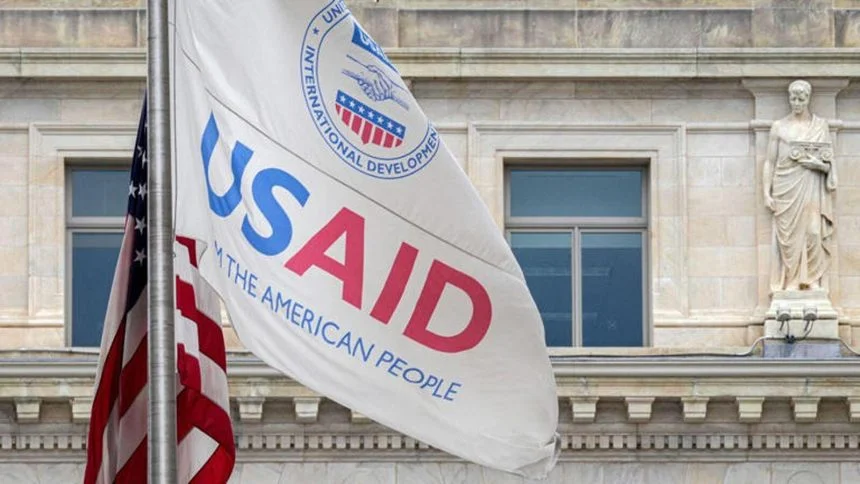The United States Agency for International Development (USAID), a cornerstone of U.S. foreign assistance for over 60 years, has been officially shut down by the Trump administration on July 1, 2025, as part of a sweeping crackdown on federal government programs.
The closure, championed by Elon Musk’s Department of Government Efficiency (DOGE), marks the end of an agency established in 1961 under President John F. Kennedy through the Foreign Assistance Act.
USAID’s mission was to partner with nations to eradicate extreme poverty and foster resilient, democratic societies, but its dissolution has sparked widespread concern about the future of global humanitarian efforts.
A Legacy of Global Transformation
Since its inception, USAID has been instrumental in transformative global initiatives.
The agency played a pivotal role in the Green Revolution, a series of agricultural advancements credited with saving an estimated 1 billion lives by boosting food security worldwide.
Its collaborations with international partners have strengthened health systems, contributing to a remarkable 69% reduction in deaths among children under 5 since 1990.
From disaster relief to economic development, USAID’s programs have supported millions across the globe, often serving as a critical tool for U.S. soft power and diplomacy.
However, the Trump administration’s decision to terminate USAID, coupled with the cancellation of over 80% of its programs, has halted many of these initiatives.
The move aligns with the administration’s broader agenda to eliminate perceived inefficiencies in federal operations, with Secretary of State Marco Rubio overseeing the transfer of USAID’s remaining functions to the State Department.
Controversy and Criticism Mount
The abrupt closure has drawn sharp criticism from former U.S. presidents Barack Obama and George W. Bush, who called it a “travesty” and a “mistake” that undermines American interests and global stability.
A study published in The Lancet estimates that the funding cuts could lead to over 14 million additional deaths by 2030, highlighting the severe humanitarian consequences.
Critics argue that the dismantling of USAID, which spent $40 billion annually on humanitarian support, will destabilize vulnerable regions and weaken U.S. influence abroad.
Some Netizens, hailed the closure as a victory against “wasteful” NGOs, claiming it disrupted a network of high-salaried activists.
Conversely, others decried the move as a historic mistake, estimating 52,000 American jobs lost and emphasizing foreign aid’s role in promoting stability and diplomacy.
Global and Regional Implications
The termination of USAID comes at a critical time for regions like Africa, where political instability and economic challenges are already escalating.
In Togo, recent protests against constitutional reforms have highlighted democratic fragility, while Uganda’s Yoweri Museveni and Nigeria’s opposition leaders like Peter Obi navigate their own political battles.
The loss of USAID’s support could exacerbate these challenges, particularly in health and agriculture, where its programs have been vital.
For instance, a post on X highlighted millions of doses of medicine languishing in African warehouses due to USAID’s closure, nearing expiration and risking lives.
Uncertain Future for U.S. Foreign Aid
The Trump administration defends the shutdown as a necessary step to eliminate “waste, fraud, and abuse,” redirecting aid dollars to align with its priorities.
However, critics argue that the abrupt dissolution, described as poorly planned by some reports, could have long-term repercussions for global health, poverty reduction, and U.S. diplomatic influence.
As the State Department assumes control of remaining aid programs, questions linger about their scope and effectiveness under the new structure.
The closure of USAID marks a seismic shift in U.S. foreign policy, with ripple effects likely to be felt across the globe for years to come.
As legal challenges and international outcry continue, the world watches to see how this decision will reshape America’s role in global development.




















